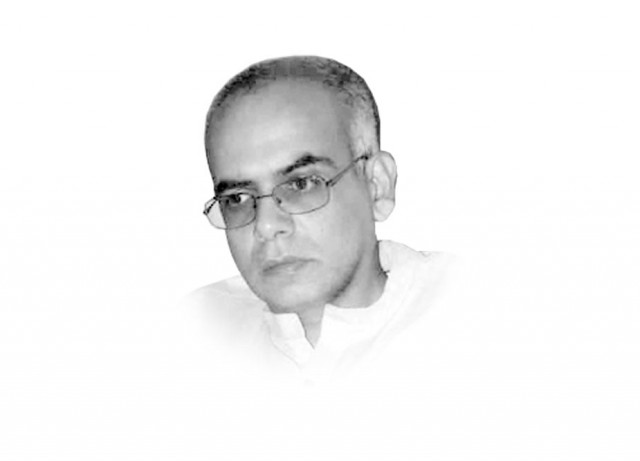Attacks on education
Government must ensure that TTP recognise all schools as safe sanctuaries and agree to re-open closed schools.

The writer is a post-doctoral fellow at McGill University
This important research is based on a survey of 70 countries by the Global Coalition to Protect Education from Attack (GCPEA), which provides a joint platform for several organisations working on education challenges in conflict-affected countries. The GCPEA’s recently released findings indicating that violent attacks on education were found to be most prevalent in Afghanistan, Colombia, Pakistan, Somalia, Sudan and Syria. The situation in Pakistan is worse than in any other country.
There have been over 800 attacks on schools in Pakistan during 2009-2012. Even in the years preceding this reported period, several hundred schools were damaged or destroyed by militants trying to exert control over areas in Fata and Khyber-Pakhtunkhwa, including Swat. Their attacks were motivated by attempts to challenge the writ of the state by attacking public buildings like schools, which are relatively soft targets, and also due to ideological reasons such as opposition to female education.
Mostly, school buildings have been blown up at night, causing minimal casualties. Yet, there have also been daytime attacks on schools, including bombings, grenade and gun attacks. Human rights and media reports suggest that at least 30 children and 15 teachers were killed in attacks on schools and school transport, and more than 97 were injured between 2009 and 2012. At least 138 school students and staff were also kidnapped during this period.
Besides attacks on educational facilities within the context of Pakistan’s internal ‘war against terror’, violence has been perpetuated against educational institutions in the ongoing conflict in Balochistan. Human rights groups have documented a campaign of targeted killings of teachers and other education personnel who are ethnically non-Baloch, and/or who appear to support the federal government, for example, by raising the Pakistani flag at school, teaching Pakistani history, or asking children to sing the national anthem.
Even our college and university campuses are not safe from regular clashes between armed political student groups motivated by political, ethnic and sectarian disagreements. The monitoring, assessment and reporting of attacks on education is essential for devising effective ways to respond to and prevent future incidents. The perpetrators of such violence must be held responsible for having caused bodily harm and for having deprived and disrupted the education of hundreds of thousands of children.
Moreover, the use of schools and universities for military purposes during armed conflict can have a very disruptive impact on education and further exacerbate risks to students, educational personnel and educational infrastructure. The GCPEA study cites the case of at least 40 school premises being used by security forces while fighting against militants. It is vital that the neutrality of schools is maintained under all circumstances by the state and that the need for respecting this sanctity is also impressed upon militants, especially during times of negotiation.
Our government must ensure that the TTP recognise all schools as safe sanctuaries and agree to re-open closed schools, including girls’ schools, as a precondition to any peace settlement.
Published in The Express Tribune, March 21st, 2014.
Like Opinion & Editorial on Facebook, follow @ETOpEd on Twitter to receive all updates on all our daily pieces.














COMMENTS
Comments are moderated and generally will be posted if they are on-topic and not abusive.
For more information, please see our Comments FAQ